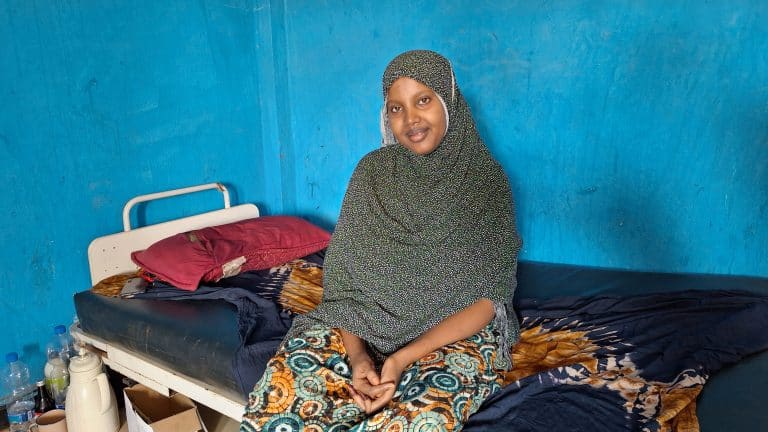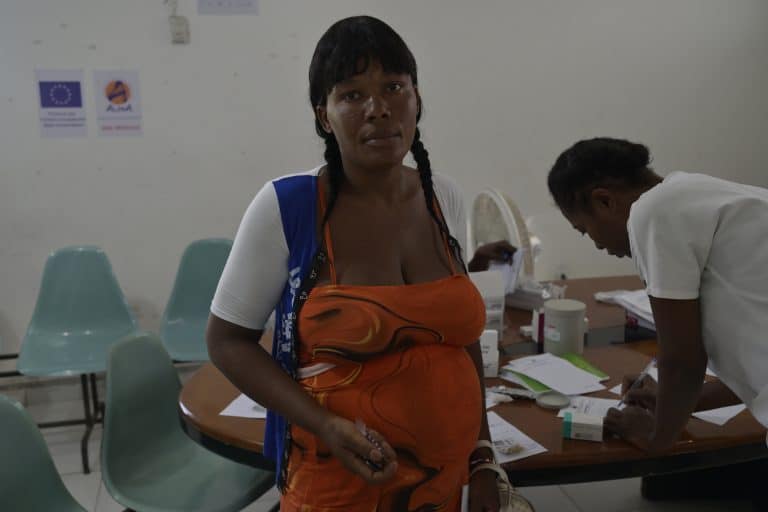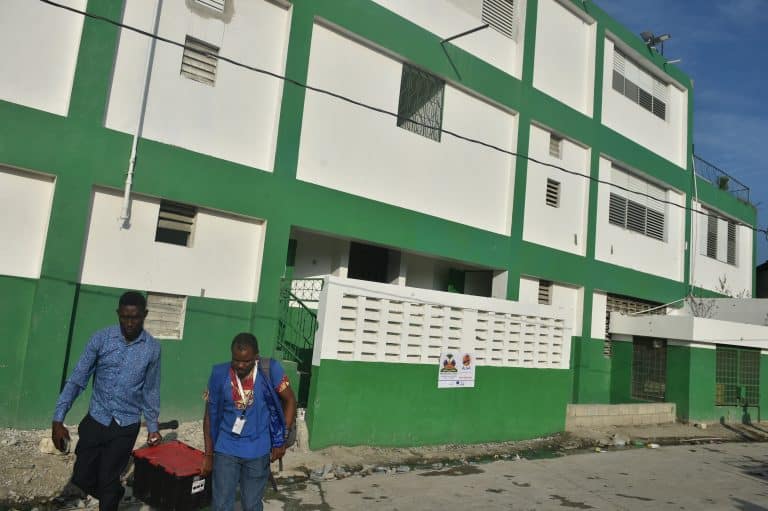“Malaria is one of the main causes of hospitalization and the leading cause of death in the country,” said Eymeric Laurent-Gascoin, ALIMA’s project manager in South Sudan.
While malaria is present throughout the year, the number of cases drastically increases during the rainy season when mosquitoes are more numerous. Malaria poses a particular risk to children under five who suffer from moderate or severe acute malnutrition, and pregnant women.
At the hospital in Raja County, in Western Bahr El Ghazal State, where ALIMA medical teams offer free pediatric consultations for children under the age of 15, and supports the pediatric hospitalization and intensive care units, complicated malaria cases represented 62% of inpatient admissions in May.
During the highest peak of the malaria season, which normally occurs from August to October, it is possible to see the average number of patients double within the pediatric ward. Hospital staff are already preparing to increase the number of beds within the hospital, and if needed are able to installment treatment tents in the hospital’s courtyard.
Beyond preparing for the peak within the hospital, ALIMA has set up a network of mobile health clinics in order to provide assistance to populations further from the city and to people displaced by the conflict who are still hiding out in the bush. These cars, which are equipped with onboard medical teams, supplies, and medications, regularly travel outside of Raja, and during week-long tours, help staff at peripheral health centers to diagnose and treat the sick.
Anyone presenting malaria-like symptoms are tested using a Rapid Diagnostic Test. If positive, simple cases are administered a course of treatment to follow at home; severe or complicated cases are referred to the hospital in Raja.
“In Khor Shamam, we had no health services and our children were suffering from many diseases,” said Rina Harum, a 28-year-old mother of four, who must otherwise walk 4 hours to reach Raja if her children need health care. “Recently, we were surprised and felt blessed when we saw ALIMA’s outreach team coming with doctors to give health services in the place where we are…I am very happy because my child has improved greatly.”
———————————————
For more information on malaria, check out our infographic: 6 things to know about malaria
ALIMA (the Alliance for International Medical Action) is a humanitarian medical organization that works hand-in-hand with a network of local medical organizations to provide quality health care to the most vulnerable people in emergencies and crises chronic. ALIMA and its partners are also leading cutting-edge research to improve humanitarian medicine.
Based in Dakar, Senegal, ALIMA has treated more than 3 million patients in 12 countries since its creation in 2009, and launched 10 research projects focusing on malnutrition, malaria and the Ebola virus.
In South Sudan, ALIMA and its local partner, AFOD (Action for Development), started operations at Raja Hospital in May 2017. Since then, medical teams have provided free care to over 21,000 patients in Raja. Mobile clinics began reaching local populations outside of Raja city in July 2017, treating more than 4,000 children under the age of 15. In 2017, ALIMA also provided health care services in Aweil, where more than 60,000 patients were treated for malaria.
(©) Photo: Eymeric Laurent-Gascoin / ALIMA





